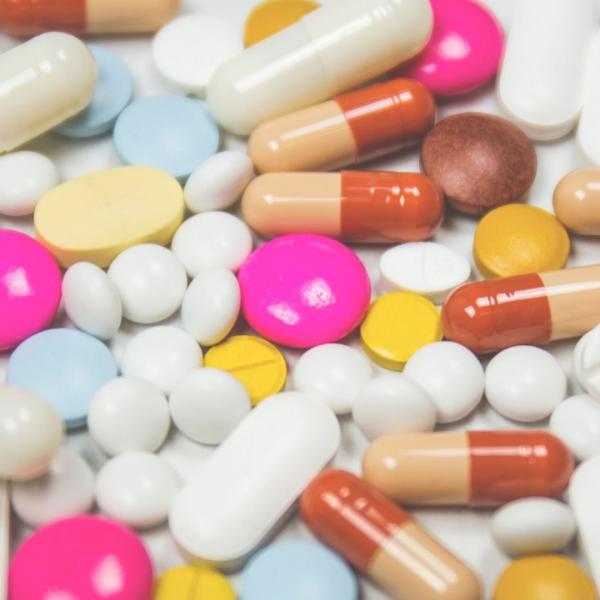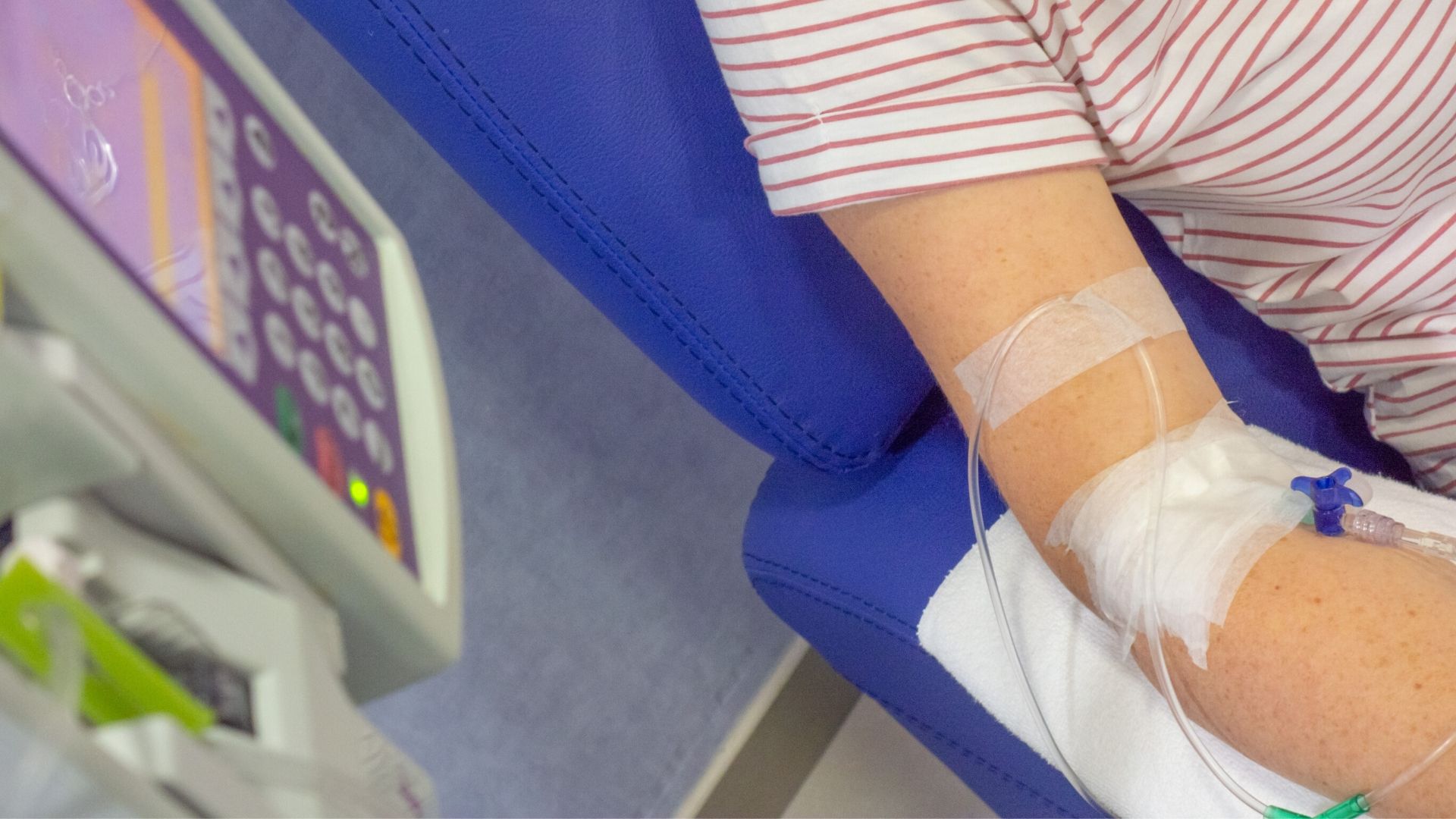Treating symptoms of MDS (supportive care)

On this page:
Supportive care aims to control the symptoms and problems caused by MDS and to improve your quality of life.
Anaemia
Anaemia is when the number of red blood cells is low. It can cause symptoms such as tiredness and shortness of breath. Most people diagnosed with MDS are anaemic. You may need a blood transfusion or growth factors to increase your red blood cell count.
Iron overload
When you have frequent blood transfusions, you can build up excess iron in your body. Eventually, this excess iron can harm your liver and heart. You might need treatment to prevent or treat the build-up of excess iron. This is called iron chelation. Your doctor will advise you if it is a suitable treatment for you.

It is important that you don’t take iron tablets unless your doctor prescribes them.
Neutropenia (low white blood counts)
When levels of white blood cells called neutrophils are low, you are more at risk of infection. You may have injections of growth factors to stimulate the bone marrow to produce more white blood cells. For example, G-CSF.
Not all patients are suitable for growth factors, as only a small number will respond to them. Your doctor will advise you about this. Read more about neutropenia and growth factors.
Low platelets
Platelets are blood cells that help the blood to clot, to stop bleeding. About half of MDS patients will have a low platelet count (thrombocytopenia) at diagnosis. The platelets that are left, might work poorly. This can cause bleeding and bruising. You may need a transfusion of platelets to increase your platelet count.
Because platelets last only a few days, they are usually only given if you have signs of bleeding. If you have low platelets, you should avoid aspirin and most anti-inflammatory medication. If in doubt, ask your doctors or nurses
If your temperature rises usually over 37.5°C (99.5°F) – a sign of infection – and you have a low platelet count, you may need to go to hospital for a platelet transfusion.
Infection
White blood cells help to fight infection. If you have low white cells you may get infections more easily. You should check your temperature at the same time every day or if you’re feeling unwell. Most specialist units will have a direct phone number to call for advice if you get a fever.
If you have an infection you might need to be admitted to hospital so that antibiotics can be given through a vein. If you develop any serious infections, you may need antibiotics quickly and perhaps injections to help make white blood cells.
Read more about infection and ways to protect yourself.
If you have any questions about your treatment you can also call our Support Line on 1800 200 700 to speak to a cancer nurse in confidence.
For more information
Phone
1800 200 700



